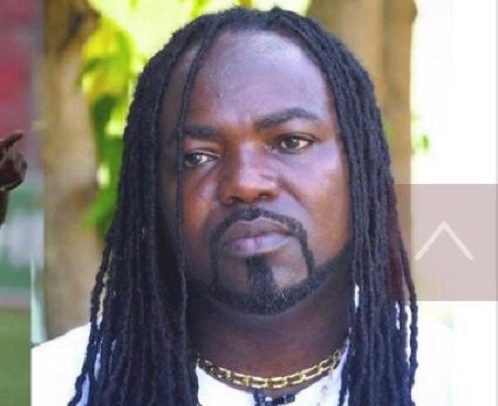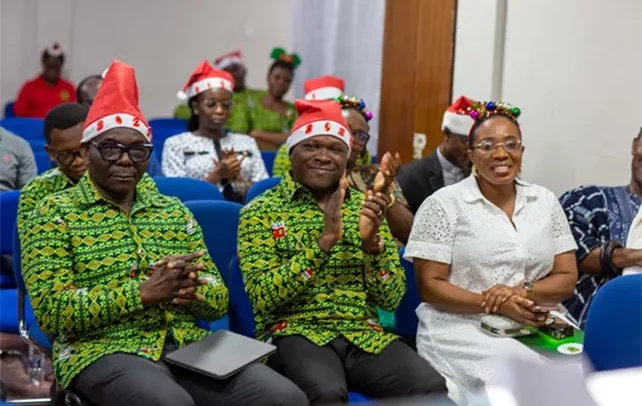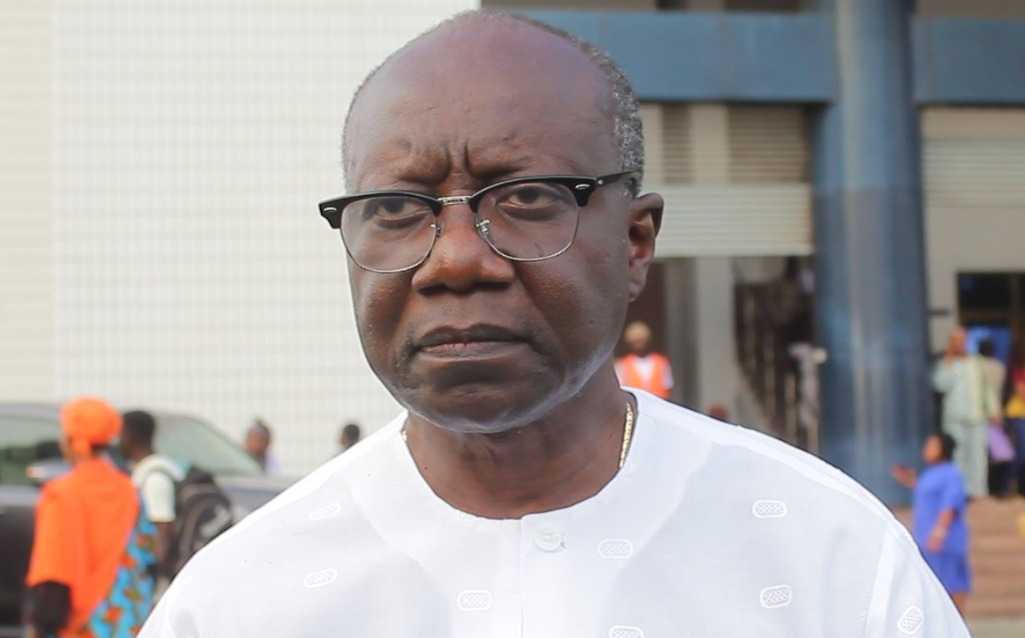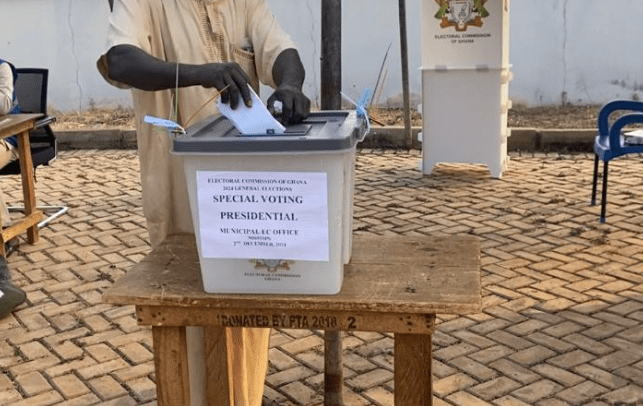A few days ago, Kirani Ayat called out the government for using an excerpt from his music video in a Visit Ghana campaign shared on H.E Nana Addo's social media accounts.
To mark World Tourism Day, the official social media accounts of the President shared a compilation of some tourist sites in Ghana with other videos that showcase Ghana's culture.
In the post by the President, an excerpt of Kirani Ayat's 'Guda' music video was used. According to the Ghanaian artiste, no one reached out to him, hence, he feels cheated and disrespected.
The president of Ghana has used my video “GUDA” in this ad to promote Ghana. I was actively reaching out to the Ministry of Tourism in 2018/19 to use this video to push tourism in the North and got NO reply, yet today it’s in an ad and no one reached out to me for permission, he said in a Tweet that has gone viral.
In a shocking twist, The Ghana Tourism Authority has also accused Ayat Kirani of copyright infringement for using certain National elements in his music video without asking permission from the government.
Now, what does Ghana's constitution say about copyright?
The Copyright Act[1] is a legal framework that protects the use of an individual's work. It is a form of intellectual property that protects original works of authorship of literary, dramatic, musical and artistic works such as poetry, novels, movies, songs, computer software and architecture.
The act was enacted on 17 May 2005 to replace Parliament's Act No. 110 which was the country's previous Copyright law from 1985. The Copyright law affords protection to a variety of works, grants Copyright holders rights to their work and defines the duration of that Copyright protection.
In a research work by SEIDU ADAMS, Copyright is infringed by any person who, without the license or authorisation of the copyright owner, does or causes any other person to do an act, contrary to the provisions of section 15 (1)(a) of the Act (Ezeilo, 2013). The right to reproduce a literary work is reserved for the owner of the work and must comply with section 6(2).In this regard, reproduction of the whole or substantial part of a work without license or authority is an infringement of the right of the owner (Ezeilo, 2013) -
What is whole or substantial is not defined. However, the statement made by Lord Reid in the English case of Ladbroke (Football) Ltd. v. William Hill (Football) Ltd., that “the question whether the defendant had copied a substantial part of a work depends much more on the quality than the quantity of what he has taken” offers a much more guide to the determination of the issue. It suffices therefore to say that each case would be determined on its own facts (Ezeilo, 2013).
Read Full Story


















Facebook
Twitter
Pinterest
Instagram
Google+
YouTube
LinkedIn
RSS